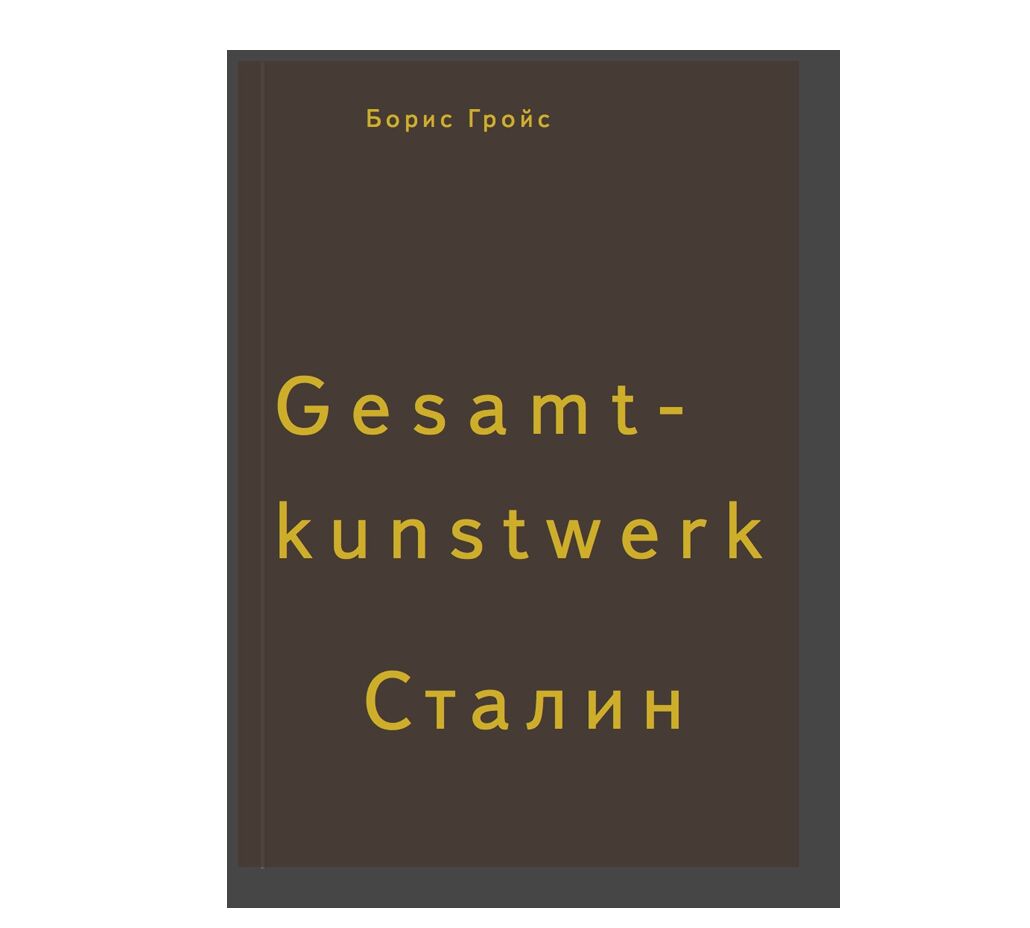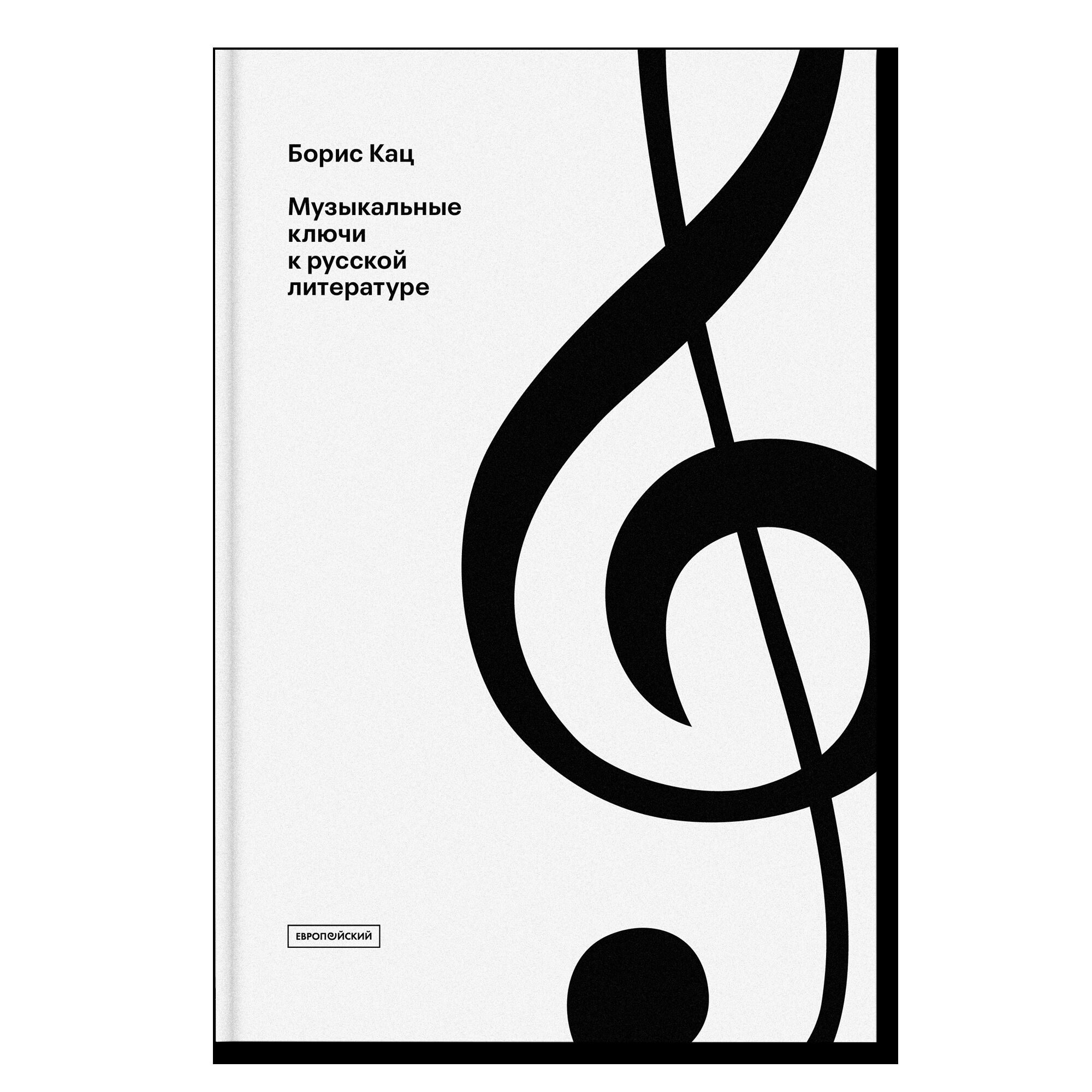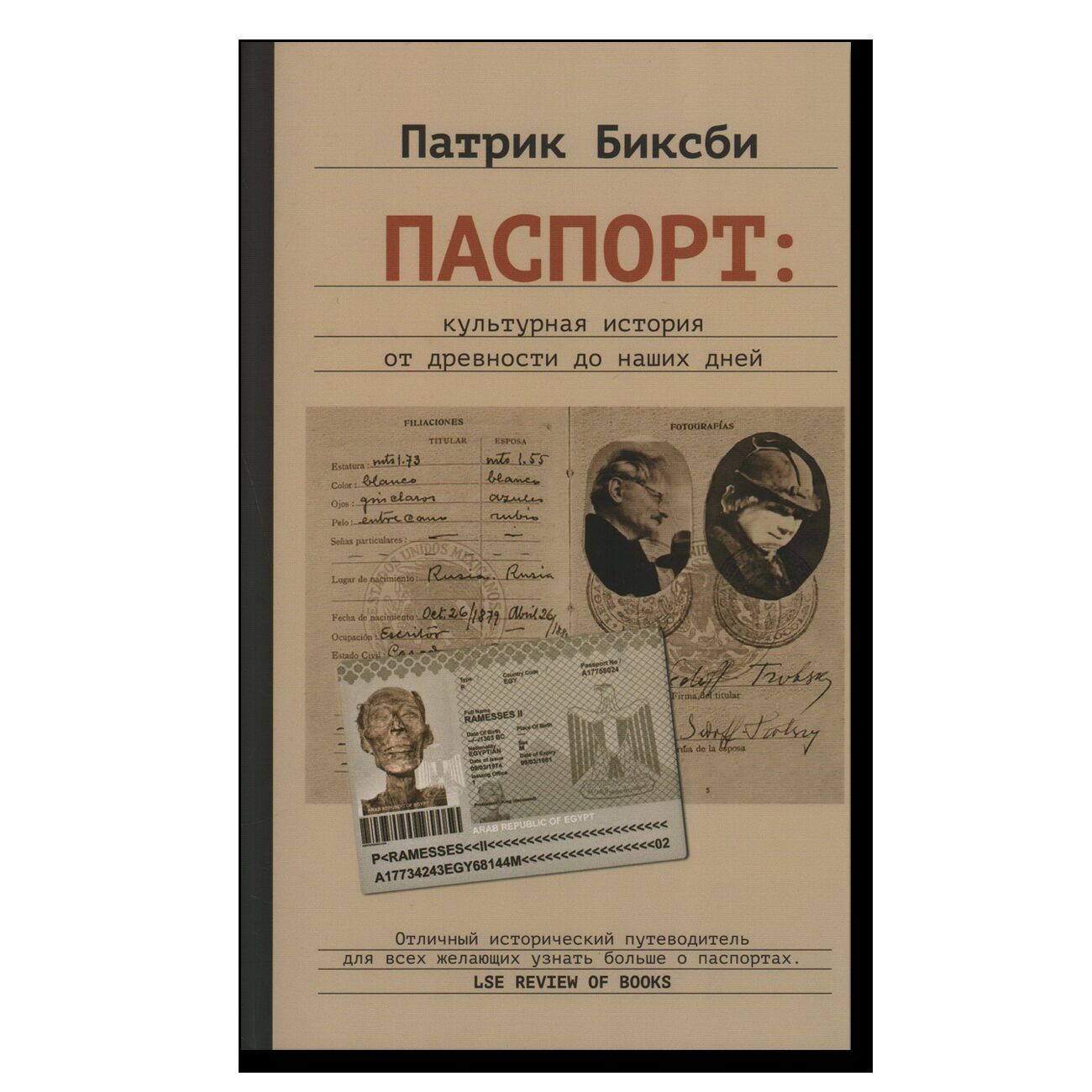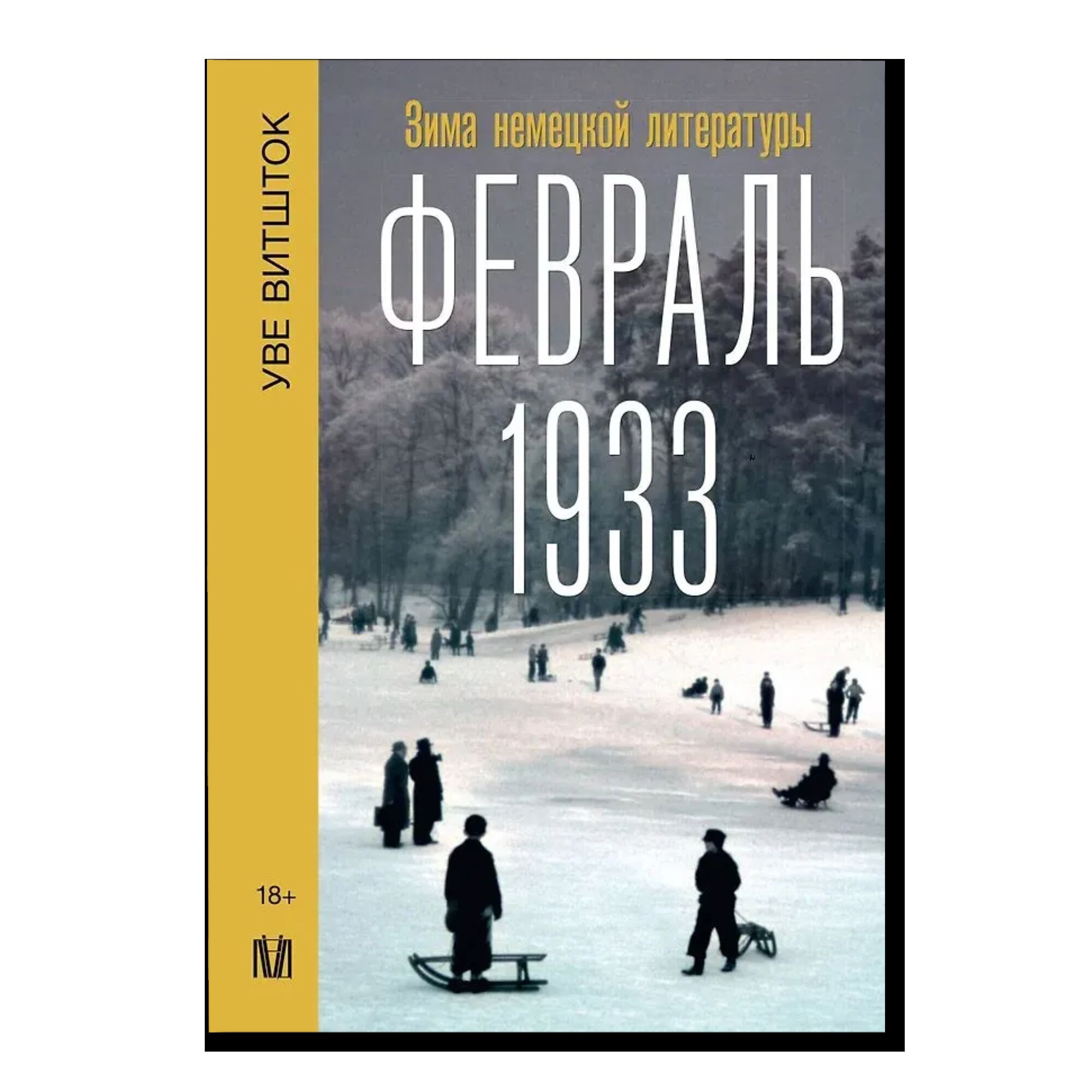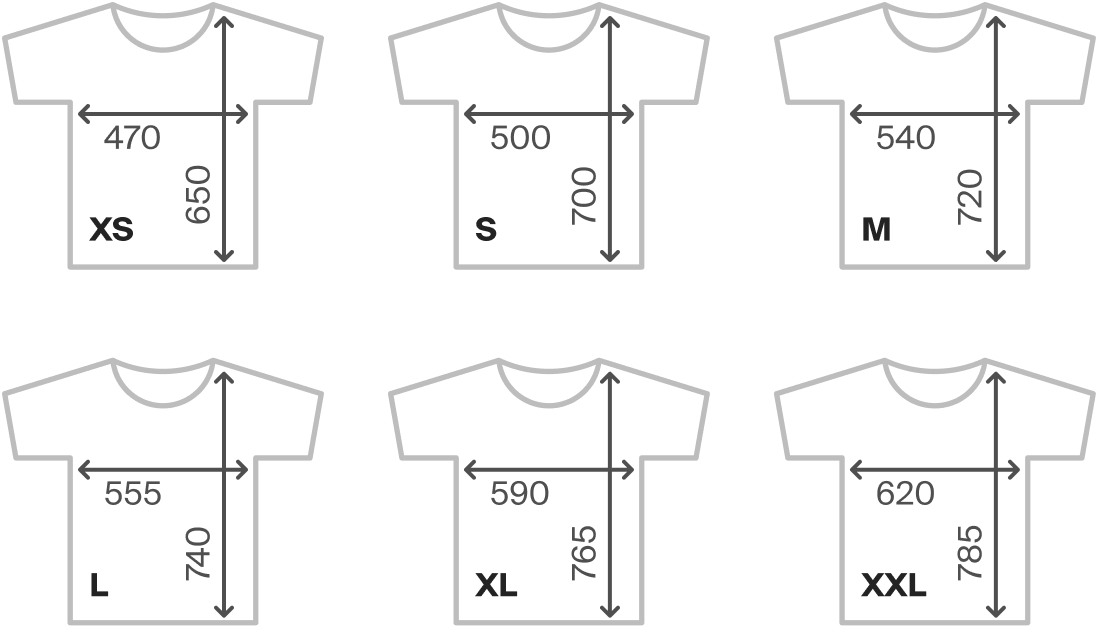Gesamtkunstwerk Stalin
- Year: 2013
- Language: Russian
- Publisher: Ad Marginem
- ISBN: 9785911031534
- Page: 168
- Cover: paperback
- About the Book
This important book, which revolutionized the perception of the Russian avant-garde and the Stalinist culture, was completed by Boris Groys in 1987. Originally published in German, it was translated into English, French, and Italian, with two separate limited editions in Russian (in 1993 and 2003), but has been unavailable for many years.
Groys portrays the Soviet state as an aesthetic phenomenon, a Gesamtkunstwerk, or total work of art, engineered by Stalin. He argues that, far from being antagonistic towards the avant garde, Social Realism, the official figurative style imposed by the Stalin regime, in fact operated on similar lines. "The Stalin era realized the major requirement by the avant-garde to switch art from portraying life to reshaping it by total aesthetical and political means," writes Groys, who points out the similarities between the goals and political strategies of the two movements. Both aspired to build idealistic new societies; both sought political power to implement their strategies. However, the sheer fact that the avant garde was operating on the same territory as the Stalinist culture - the territory of power - led to its persecution as a political rival. In the late 1920s, the avant-garde Soviet artists transforming the world were replaced by the party leadership, and later by Stalin himself, who considered the entire country and its citizens as artistic material that could be subjected to modeling. Stalin fulfilled the avant-garde's dream of organizing reality into a uniform, total work of art.
Groys also stresses the core differences between the avant-garde and Stalinist culture - primarily, in their respective treatment of the heritage of the past. He goes on to destroy resilient myths that either present the avant garde as a harmless artistic movement (he underscores the avant-garde's desire for power) or condemn Socialist Realism as regressive and isolated from the global artistic context. The defeat of the avant garde and the subsequent turn to Socialist Realism, he argues, was not just a Soviet phenomenon, but part of the development of the contemporary avant-garde in general, with similar transformations observed not only in Fascist Italy and Nazi Germany, but also in French neoclassicism and American regionalism.
